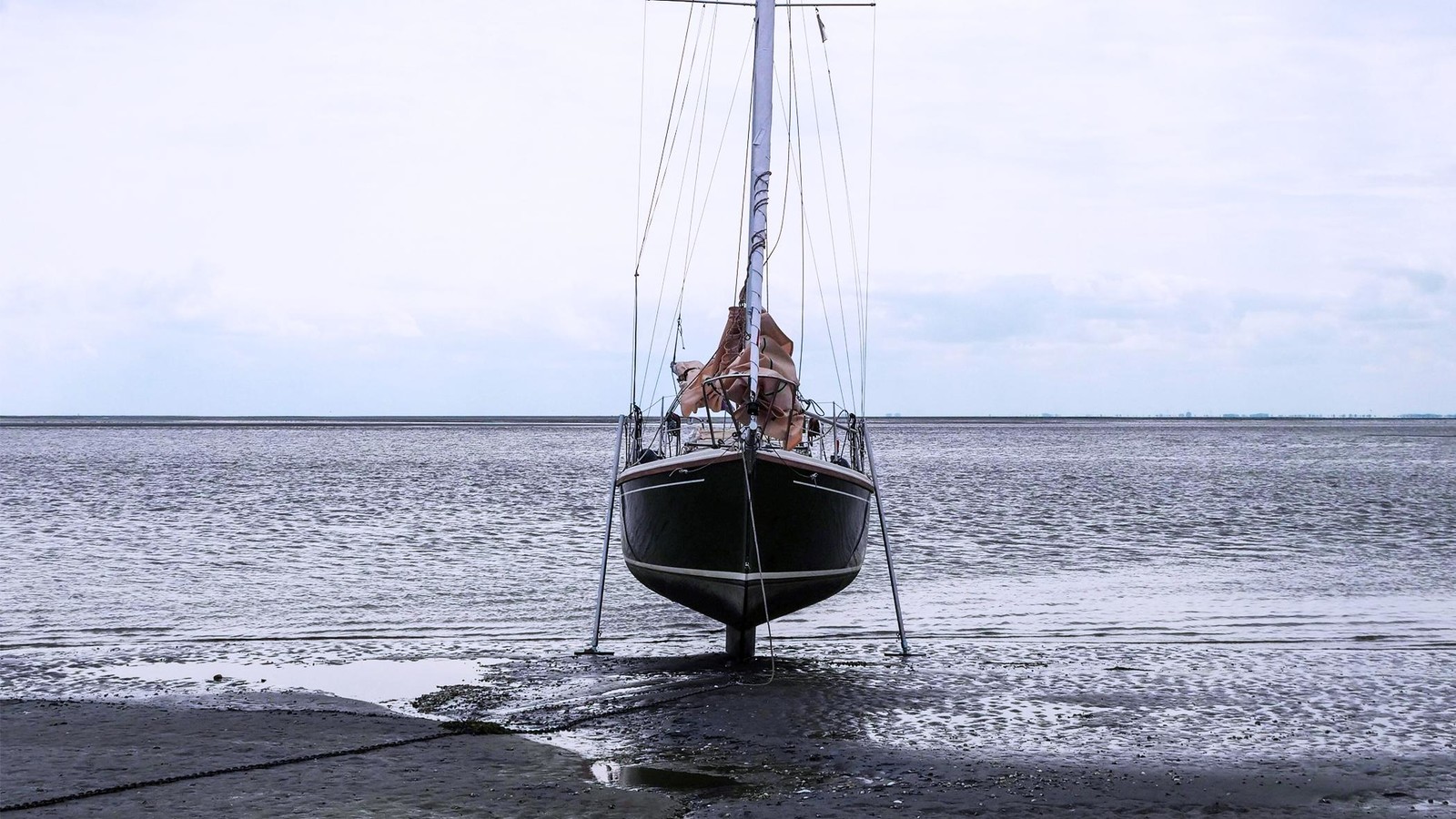
Founder Turnover Can Leave Startups Stranded
Startups that lose a founder are much less likely to pivot to new industries — a vulnerability that becomes even more dangerous during economic downturns.
Based on research by Minjae Kim (former Rice Business professor) and J. Daniel Kim (Wharton)
Key findings:
- Startups that lose a founder are much less likely to shift industries or relocate.
- The risk of stagnation almost doubles during economic downturns if the founder is gone.
- However, a founder with experience in the original industry may resist changes.
For many startups, founders are the captain at the company’s helm — charting the course, steering through storms, and keeping the crew aligned toward a shared destination. Think Steve Jobs and Jeff Bezos navigating the early days of Apple and Amazon.
But what happens when the captain leaves the ship?
A recent study, published in Organization Science, offers a surprising answer. While many people assume that new leadership brings agility, the research shows that founder departures often make companies less likely to change — especially when facing adversity.
“Startups are expected to be agile,” says Minjae Kim, professor at Rice Business and co-author of the study. “But losing a founder may lock them into old ways instead of pushing them to adapt. People think new leadership means fresh ideas, but in reality, startups without founders may get stuck.”
“Both Anchor and Sail”
Co-authored with Prof. Danny Kim of Wharton, the study examines 33,000 startups to see how losing a founder affects a company’s ability to adapt. To measure this, the researchers tracked whether small firms switched locations or industries, a strong signal that a company had shifted its focus or customer base.
To understand the impact of founder loss, they compared startups that unexpectedly lost a founder (due to premature death) to similar startups where the founder stayed, analyzing data the U.S. Census from 1990 to 2015.
The results showed startups that lost a founder were far less likely to pivot, with their chances of making a major change dropping by about 24%.
The research shows that losing a founder is especially damaging during a crisis. In a recession, startups that lose their founder are up to twice as likely to stay stuck — unable to pivot or move when flexibility may matter more.
“Founders often play the role of both anchor and sail,” Kim of Rice Business says. “They can hold a company back, but they’re also the ones who know how to steer it through rough waters.”
Case Study: Pandora vs. Marriott
Keeping a founder in place does not always mean a company will pivot, of course. Sometimes, it is the founder who stands in the way. Tim Westergren, co-founder of Pandora, refused to abandon curated radio even as Spotify’s on-demand streaming took over the music industry.
Pandora created personalized radio stations, but users couldn’t choose specific songs. In contrast, new rival Spotify let listeners play any song instantly, a model that became the industry standard. Westergren’s reluctance to adapt left Pandora behind, leading to its acquisition in 2019 — widely seen as a lifeline rather than a victory.
“Startups are expected to be agile,” says Minjae Kim, “but losing a founder often locks them into old ways instead of pushing them to adapt. People think new leadership means fresh ideas, but in reality, startups without founders may get stuck.”
But founders can also be the biggest catalysts for change. Few embodied this more than J. Willard Marriott, who embraced reinvention at every turn, transforming his business from a humble root beer stand in Washington, D.C., into one of the world’s most iconic hotel brands.
After realizing that hot summers drove strong root beer sales while colder months hurt business, he pivoted to selling hot food, laying the foundation for his Hot Shoppes restaurant chain. But he didn’t stop there. Noticing that many of his restaurant customers were travelers in need of lodging, he saw an even bigger opportunity — expanding into the hotel industry.
That decision turned a seasonal food business into a global hospitality empire, showing that founders are not always obstacles to change — sometimes, they are the ones driving it.
Founder Experience and Expertise Are Key
So, what happens when founders leave? Not all departures stall change — sometimes, it is about what kind of founders leave. The Rice Business and Wharton study finds that when a founder with deep industry expertise exits, their company becomes comparatively more likely to switch industries. Experienced founders, in other words, may be more likely to resist pivoting to a different industry.
It does not seem to be about just older founders either. The study finds that companies that lose founders with more general work experience are not any less likely to pivot, while those that lose founders with more specific experience in the industry are less likely to do so, compared to companies that retain such founders.
“When they leave, they take certain capabilities with them,” says Rice Business’s Kim. “So it’s not just about whether a founder stays or goes — it’s about what kind of capabilities they may take away when they leave.”
For investors and boards, the study challenges the assumption that replacing a founder automatically makes a company more malleable. Rather, founders may be a key piece of solution when a company wants to change its direction.
“People often assume startups are inherently flexible, but that’s not always true,” Kim adds. “Insofar as change takes lots of mobilization of resources, founders may be a key piece of puzzle that is required to pivot.”
Written by Seb Murray
Kim and Kim (2024). “Founder Turnover and Organizational Change,” Organization Science.
Never Miss A Story



